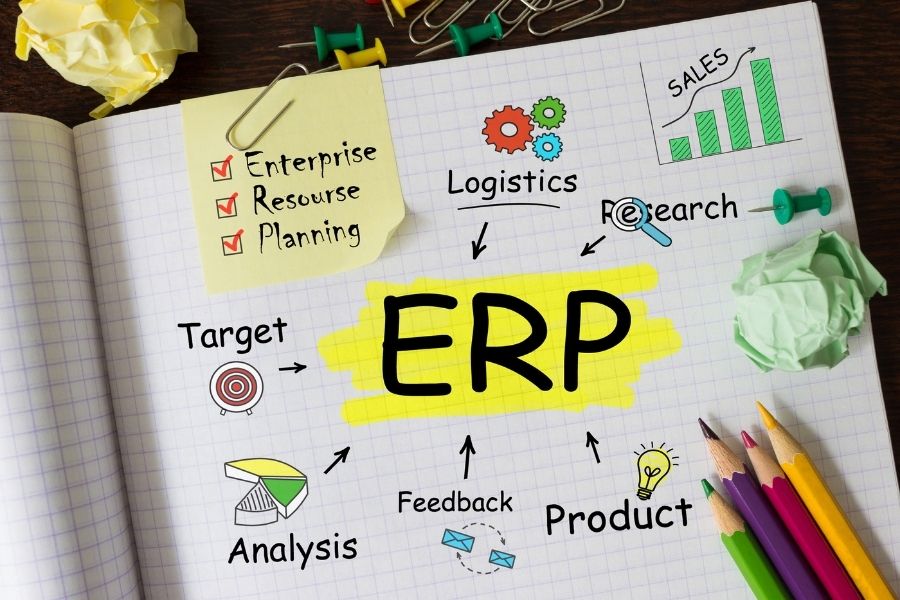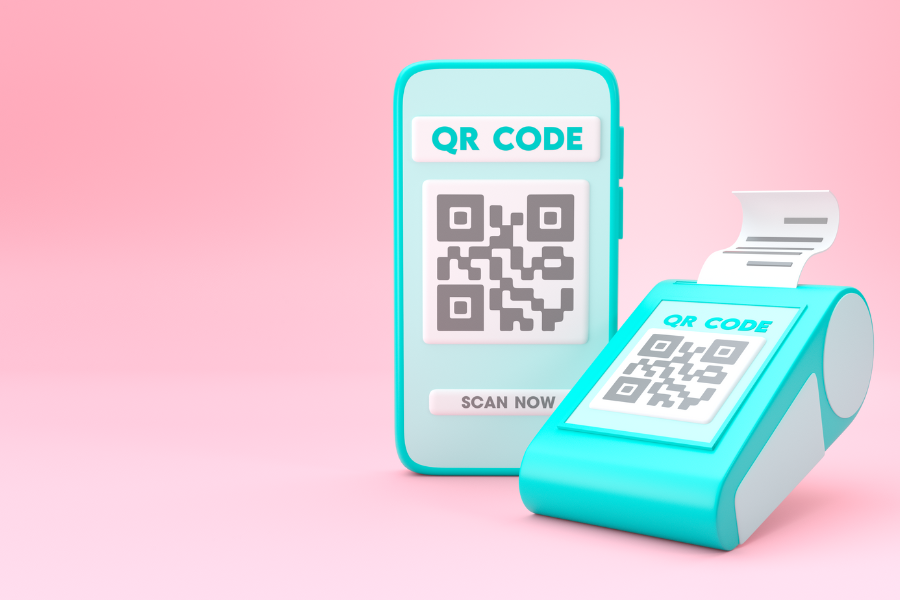One way companies achieve this is through integrating their Enterprise Resource Planning (ERP) system with their Point of Sale (POS) system. This integration offers numerous benefits, including improved data accuracy, enhanced operational efficiency, and better decision-making capabilities.
In this post, we will delve into the reasons why ERP integrations in enterprise POS is essential and explore how businesses can effectively implement this integration.
Reasons to Integrate POS and ERP Systems
Integrating your ERP and POS systems offers several significant advantages:
- Enhanced reporting consistency and consolidation: POS systems excel at capturing detailed transactional data, while ERP systems excel at organizing and analyzing that data. By integrating these systems, you can generate accurate and comprehensive reports that provide valuable insights into your business operations.
- Centralized business management: Gone are the days of overflowing file cabinets and scattered paperwork. However, the risk of data fragmentation remains. By leveraging the power of POS and ERP integration, you can establish a centralized hub for all your software systems, ensuring seamless data flow and efficient business organization.
- Improved efficiency and forecasting: These benefits translate into tangible results for your company’s profitability. Integrating ERP and POS systems increases operational efficiency, enabling you to streamline processes and make data-driven decisions. Accurate revenue forecasting, inventory management, and customer trend analysis become easier, allowing you to optimize resources and drive growth.
How Retailers Can Streamline ERP Integrations in Enterprise POS
Retailers seek the ability to select their ERP integrations in enterprise POS solutions based on their merits while ensuring seamless compatibility between the two. To facilitate this integration, we present five valuable tips for leveraging an open API-based retail suite (API means Application programming interface).
Define your integration goals
Before embarking on POS and ERP integration, it is crucial to define your integration goals. What specific outcomes do you aim to achieve? Are you seeking to enhance internal operational efficiencies, establish an omnichannel sales strategy, or elevate your analytics capabilities? It could be a combination of these factors.
By establishing clear goals, you can effectively identify the retail systems that require integration and determine the data that needs to be shared among these solutions. This clarity will streamline the integration process and ensure that it aligns with your desired objectives.
Select the appropriate POS and ERP solutions
The quality of the integration and the effort involved in making it work can vary significantly among vendors, even if they claim to offer seamless integration or pre-built connectors for your business systems. Therefore, it is essential to conduct thorough research and exercise due diligence.
Take the time to investigate these claims by reaching out to customer references. Additionally, ensure that your IT team can test the solutions, preferably using your data, before making a final decision. This proactive approach will help you assess the compatibility, reliability, and effectiveness of the software tools and make an informed choice for a smooth integration process.
Appoint a “master architect”
Given the significant impact on various aspects of the business, managing this project cannot be treated as a part-time responsibility. It is essential to identify a dedicated executive within your organization who possesses extensive project management experience and can commit their full-time efforts to the integration process.
The chosen project manager will be responsible for gaining the support and cooperation of all parties and stakeholders involved, ranging from top-level executives to store associates. Therefore, it is important to select an individual who has the trust and influence of top executives, as well as credibility within the organization.
assemble a dedicated QC team that possesses in-depth knowledge of both the POS and ERP systems, including their functionalities in specific scenarios. Before the go-live phase, thorough testing should be conducted on both systems to ensure a seamless integration that operates as intended across various conditions.
To maintain a structured and efficient workflow, establish a well-defined schedule for testing and the go-live phase. This schedule should include agreed-upon milestones for data migration, mapping, and testing. By adhering to this plan, you can effectively manage the project timeline, prevent scope creep, and ensure a successful integration.
Have a clear return on investment (ROI) strategy
Begin by leveraging the integration goals you established earlier to create a comprehensive list of success metrics that will serve as benchmarks for evaluating the effectiveness of the integration.
Before implementing the integration, collect relevant data to establish a baseline for comparison. This will enable you to determine the expected enhancements in operational efficiency that the new solution will bring about.
In Conclusion,
By leveraging this integration, you can streamline your operations, enhance data accuracy, and make more informed decisions. However, implementing ERP integration requires careful planning, thorough testing, and expertise in both systems.
If you’re interested in exploring ERP integrations in enterprise POS or need assistance with the implementation process, our team is here to help. Contact us today to learn more about how we can support your business and maximize the benefits of ERP and POS integration. Let us be your trusted partner on the path to improved efficiency and success.
ConnectPOS is a all-in-one point of sale solution tailored to meet your eCommerce POS needs, streamline business operations, boost sales, and enhance customer experience in diverse industries. We offer custom POS with features, pricing, and plans to suit your unique business requirements.




